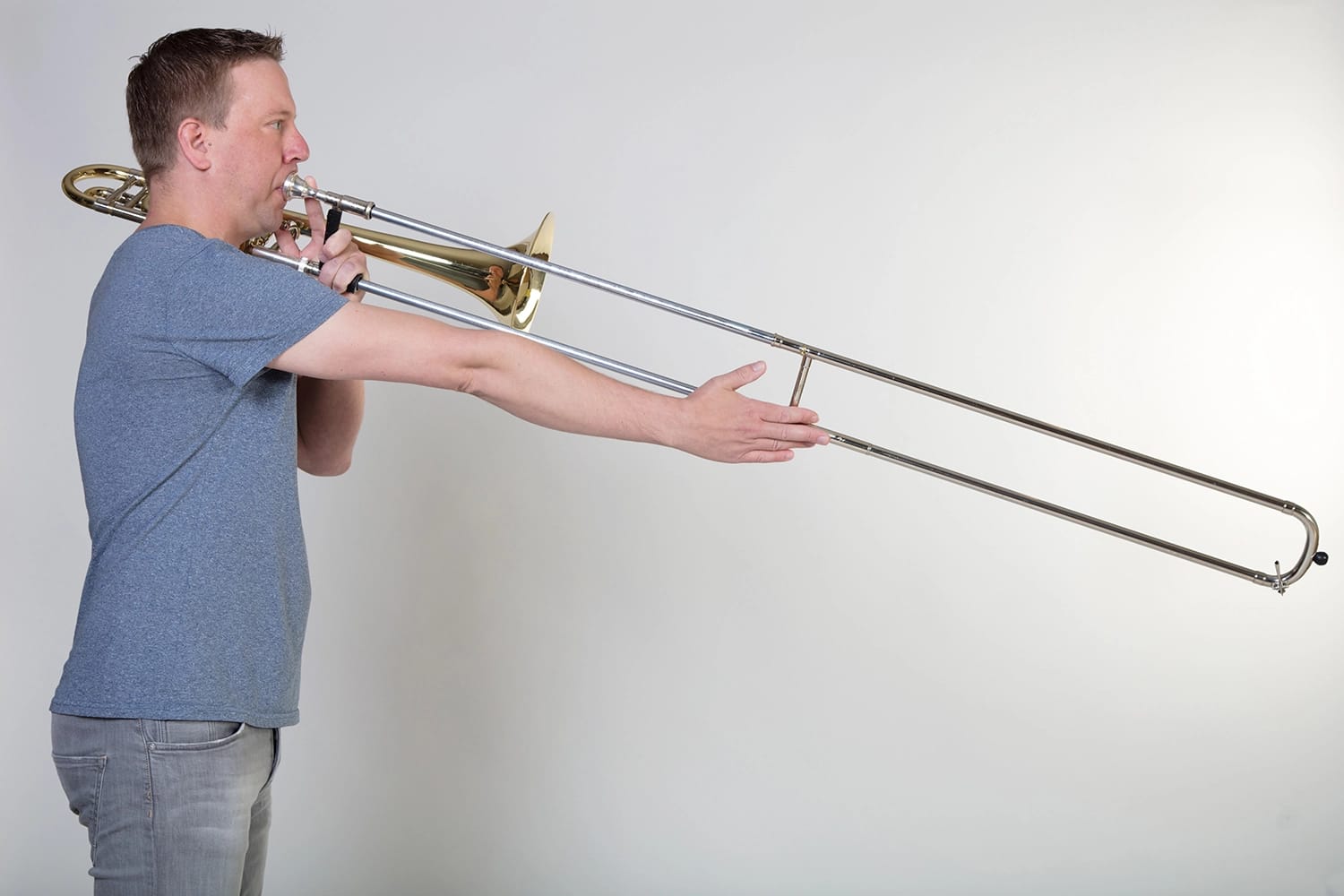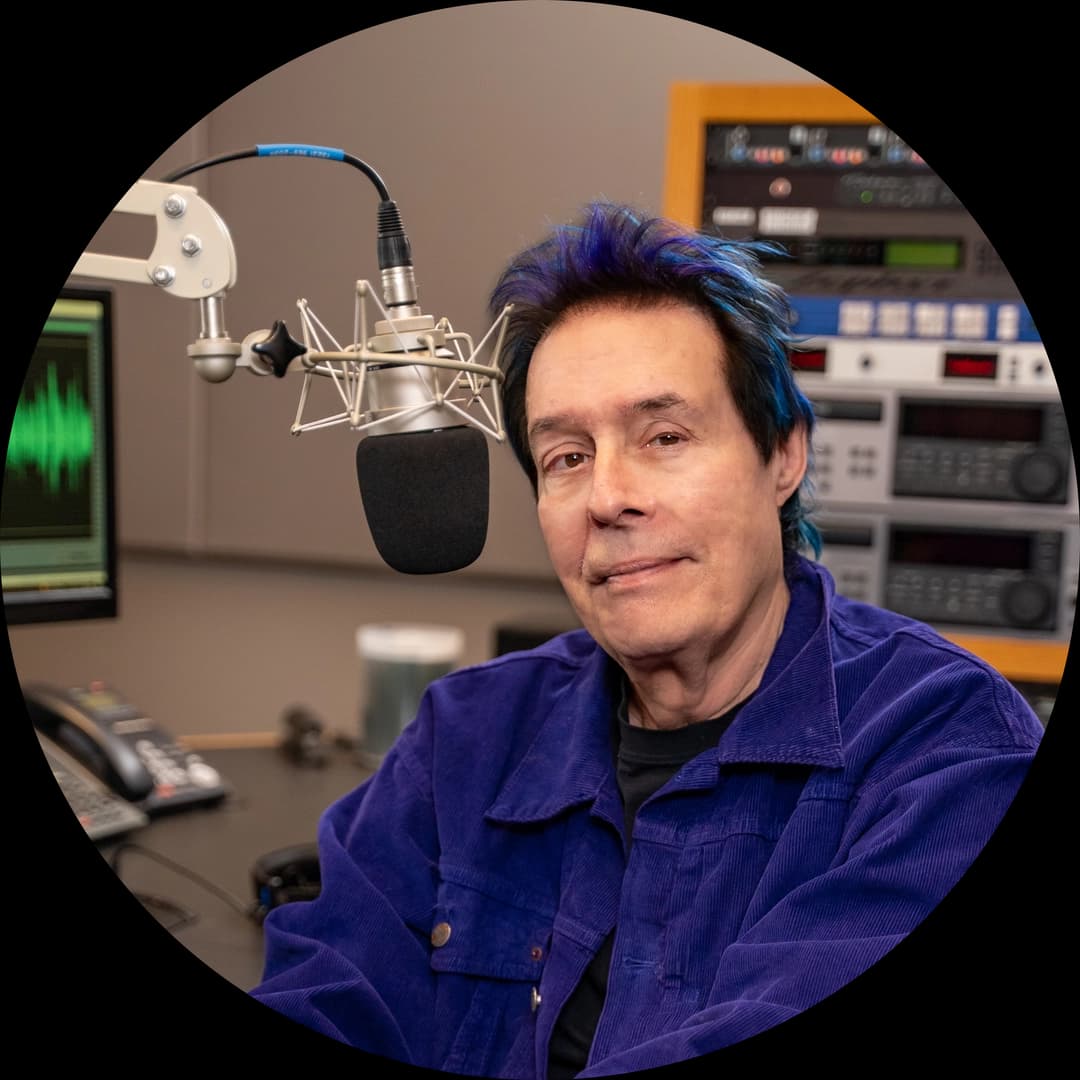
articles / Brass
Why Don’t Trombones Have Valves Like Trumpets?

Photo by Bobo11, CC BY-SA 4.0
KUSC’s Alan Chapman has a lot to say about music, but can he say it in 60 seconds? That’s the Chapman Challenge. We ask a question and Alan has a minute to answer it.
Today’s question is from Anna in Santa Barbara, who writes, “Why don’t trombones have valves like trumpets? It seems that would make it easier to play.”
Both valves and slides do the same thing. They change the length of tubing being used and with each length of tubing comes a series of overtones (or harmonics) that players can access by the vibration of their lips.
The valveless ancestors of the trumpet and horn were somewhat limited. Versions with valves evolved in the 19th century.
But the ancestor of the trombone, which goes back to the 15th century, already had a slide. In fact, the name of the instrument, sackbut, comes from the French words for “pull” and “push.”
You can see a sackbut in action here:
The instrument did change over time, but it retained its slide. And I’m pretty sure that modern players are grateful the name changed from sackbut to trombone.
That’s today’s Chapman Challenge. Is there a question you’d like to have answered in 60 seconds? Send it to us at [email protected].






